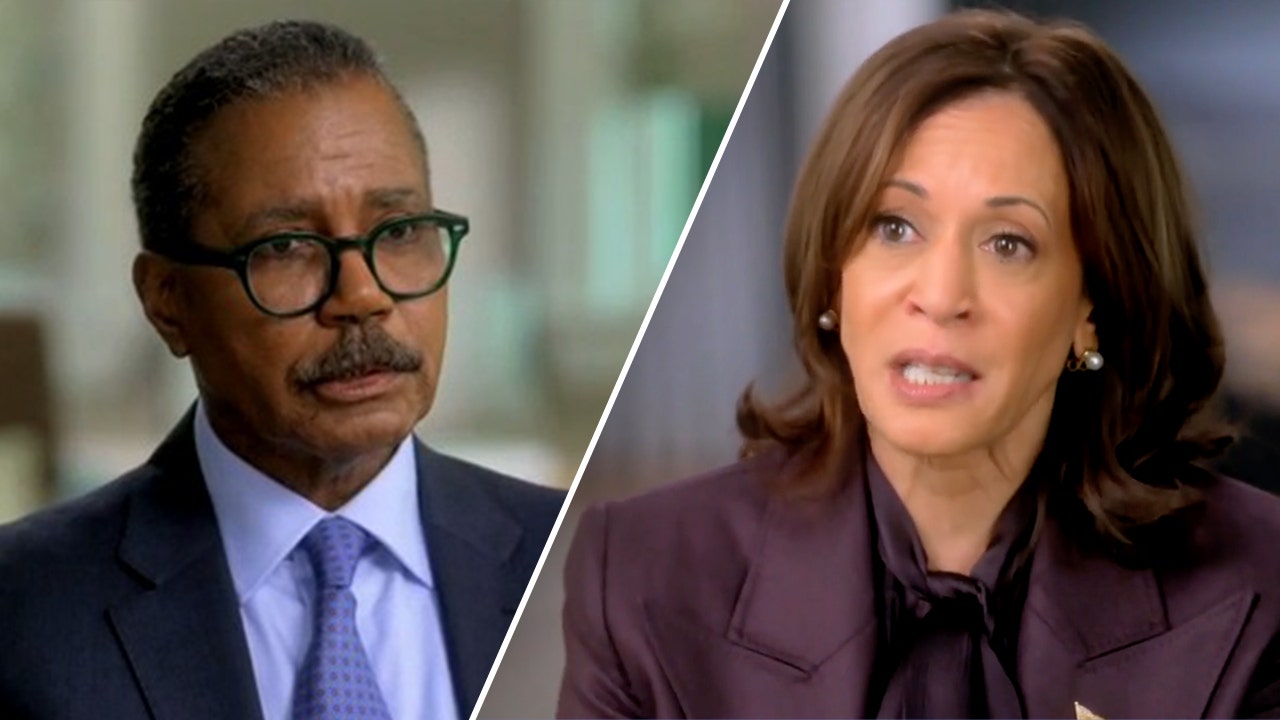Two weeks after Israel upended a US-led ceasefire proposal with Hezbollah, the US is not actively trying to revive the deal and has resigned itself to trying to shape and limit Israeli operations in Lebanon and against Iran rather than halting hostilities, US officials told CNN.
The US’ inability to halt Israel’s intense bombing campaign and ground invasion of Lebanon, which has killed over 1,400 people in less than three weeks and displaced over 1 million more, has raised questions about whether Benjamin Netanyahu’s government is disregarding the Biden administration’s calls for more restraint like it did in Gaza, leaving the White House again looking feckless.
Concerns within the Biden administration are running high, officials say, that what Israel has promised would be a limited operation will soon grow into a larger-scale and prolonged conflict. US-led efforts to negotiate a ceasefire between Israel and Hamas have also floundered.
As with Gaza, US officials say Israel was initially planning for a much larger ground incursion into Lebanon before the US convinced it to scale back. But they also acknowledge what they have learned over the last year, which is that the US’ influence is limited when it comes to Israel’s military operations.
“We couldn’t stop them from taking action, but we can at least try to shape what it looks like,” one senior US official told CNN, speaking on the condition of anonymity to describe private deliberations.
The ceasefire proposal, which the US put forward with France, had called for a 21-day pause in the fighting between Israel and Hezbollah to give the sides space to work on a larger deal to return Israeli and Lebanese civilians to their homes in northern Israel and southern Lebanon.
“We support their ability to target militants, to degrade Hezbollah’s infrastructure, to degrade Hezbollah’s capability, but we are very cognizant of the many times in the past where Israel has gone in on what looked like limited operations and has stayed for months or for years,” State Department spokesperson Matthew Miller said Monday. “And ultimately, that’s not the outcome that we want to see.”
Senior US officials have also acknowledged that the US has limited leverage over what Israel decides to do against Iran following Tehran’s missile attack last week.
The US has been urging Israel not to be overly escalatory with a retaliatory strike, the official said. But they cautioned that what Israel sees as a proportional attack may not be in line with what the rest of the world — including the US — would consider to be a measured response.
President Joe Biden said last week that he would not support Israel striking Iranian nuclear facilities, but it is not clear whether the US has successfully persuaded Israel to take that option off the table.
“The only leverage that the Americans have right now is summoning the defense minister to Washington and buying time,” Alon Pinkas, a former Israeli diplomat, told CNN.
Israeli Defense Minister Yoav Gallant is scheduled to meet with his US counterpart, Lloyd Austin, on Wednesday, a visit the Biden administration may hope buys time for consultations and planning before Israel carries out its promised retaliation against Iran. With Gallant in Washington, Pinkas says the US likely believes Israel will wait to attack.
“This would make sense in a political science simulation game, not in Israeli politics,” Pinkas said.
Netanyahu was in New York when Israel carried out the massive strike in Beirut that killed Hezbollah leader Hassan Nasrallah. An attack against Iran, though far more complicated than striking a neighboring country, could still be carried out with the defense minister abroad, Pinkas said, especially given the acrimonious relationship between Netanyahu and Gallant.
Gallant said Israel is closely coordinating with the US as it prepares to strike back at Iran, but Israel will ultimately make its own decision about how it retaliates.
“Everything is on the table,” Gallant told CNN on Sunday.
The US still wants to see Lebanon ceasefire talks resume, officials said, and US officials continue to believe that the conflict can only be resolved diplomatically.
“We’re going to be having regular consultations with the Israelis, with the Lebanese and others, regarding the right moment to press for such an agreement,” White House press secretary Karine Jean-Pierre said on Monday.
But “the Israelis have to get beyond some things before we can revisit those conversations,” said one senior administration official.
That official and another source said it is not even clear at this point who the US would be dealing with on any ceasefire talks. Nasrallah and other members of Hezbollah’s senior leadership are now dead as a result of Israel’s operations in Lebanon. And while one US official expressed hope that the Lebanese government could now exert more control over the militant group, the Lebanese state is experiencing a similar power vacuum, having been without a president or fully empowered Cabinet since October 2022.
Austin said Friday that he believes the Lebanese government has an important opportunity to demonstrate “that it wants to care for its people” and siphon support away from Hezbollah, particularly now that the group’s chain of command “has really been stripped away at the strategic and operational level.”
But Israel’s punishing air campaign in Beirut could make it harder for a functioning Lebanese government to emerge from the rubble, one of the officials noted.
“What’s going on in Beirut is not what we had wanted,” he said.
Austin and other senior members of Biden’s national security team – including Secretary of State Antony Blinken, Chairman of the Joint Chiefs Gen. CQ Brown, and Director of National Intelligence Avril Haines – convened in the Oval Office on September 30 for several hours, discussing Israel’s intensifying operations in Lebanon. Earlier in the day, a reluctant Biden told reporters he’d be “comfortable with [Israel] stopping” the campaign in Lebanon that risked further inflaming the region. Behind closed doors, sources say, Biden offered reluctant support for eliminating Hezbollah infrastructure along Israel’s border and in southern Lebanon, as long as Israel’s operations remained limited in nature.
While the US has been generally supportive of that strategy, several officials including Austin have voiced concerns to Israel about mitigating civilian harm in its airstrikes —particularly in southern Beirut, a densely populated area where several residential buildings have been flattened in recent weeks.
“The secretary has been very clear about the importance of taking civilian safety into account when planning and conducting operations, and that hasn’t changed,” Maj. Gen. Patrick Ryder, the Pentagon press secretary, said Monday when asked whether he supports Israel’s operations in Beirut. “That continues to be a topic of discussion between [Austin] and Minister Gallant.”
Israel says it is working to mitigate civilian casualties, noting that it has issued evacuation notices to Lebanese residents in recent days before conducting operations. But CNN teams in Beirut last week found that many Israeli strikes happened without prior warning. Israel also sends evacuation orders by text in the middle of the night, when most people are sleeping.
US officials are also concerned about the operations Israel is conducting so close to Beirut’s main airport, which could threaten the ability of American citizens to leave the country via the limited commercial options that remain.
Ryder said the US is in discussions with Israel about the airport as it relates to the safety of Americans living in the country, and State Department spokesperson Miller said the US “has made clear” to Israel that it wants the roads to the airport in Beirut to “continue to be operational.”
CNN’s MJ Lee and Alex Marquardt contributed reporting.












